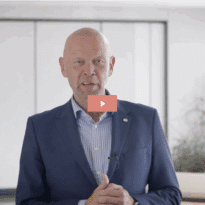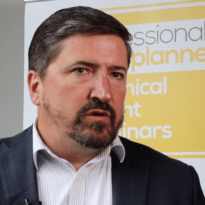With rising inflation and the soaring cost of living showing no signs of slowing, advisers will need to introduce more innovative solutions to their retirement offerings, says FE fundinfo.
The technology group said that while the majority of advisers are currently offering a Centralised Retirement Proposition, it varies little from their Centralised Investment Proposition, with more than half (51%) continuing a client’s existing risk profile once they hit retirement.
Toyosi Lewis, retirement specialist at FE fundinfo, said: “There is a broad consensus among advisers that capital protection in the early retirement years is important because of the potential impact that falling markets will have on future withdrawal amounts. Holding cash or cash like investments remains a popular strategy but also having an investment return that keeps pace with inflation over the longer term will be equally important.
“With market volatility impacting retirement portfolios across the globe and a shift from Generation DB to Generation DC entering retirement, we need to reframe the adviser/client conversation about risk so that the inherent risk is not viewed in terms of an investment losing its value but rather the client running out of money over the course of their retirement.”
According to FE fundinfo’s 2022 Financial Adviser Survey, three quarters of advisers believe that either a 3% or 4% annual drawdown rate would be sustainable, despite the Bank of England forecasting inflation to reach 10% by the end of the year, while sequencing risk is still seen as the biggest risk a client can face, ahead of inflation, longevity risk, failure risk and volatility.
The findings also highlighted the need for a “fundamental realignment” of attitude to risk among consumers. When asked how many of their clients would be prepared to take on greater risk in retirement, three quarters of advisers said that less than a third of their clients would be willing to do so, with 55% of advisers saying only 20% of their clients would consider changing strategy.
Lewis added: “No retirement plan is, or will ever be, risk free. Moving to a decumulation approach essentially replaces one set of risks with another. For many investors, it may seem counterintuitive to think about increasing their risk exposure as they approach retirement but in a decumulation portfolio, the bigger risk might be running out of money rather than the value of an asset failing.
“As an industry, we need to do more to empower advisers with innovative investment solutions, in order to have these conversations with clients and move away from models and strategies which have perhaps run their course.
“With the fastest price rises we’ve seen in decades, rising inflation has been the topic on the minds of many financial advisers and their clients. Market volatility has also focused minds on the impact it has on client portfolios. Drawdown is complex and there is no “perfect” solution to mitigate the challenges clients will face in retirement; having a process in place whilst maintaining a flexible outlook and approach is useful to anticipate, and react to, changing events as they occur.”
[Main image: kyle-glenn–f8ssjFhD1k-unsplash]





























